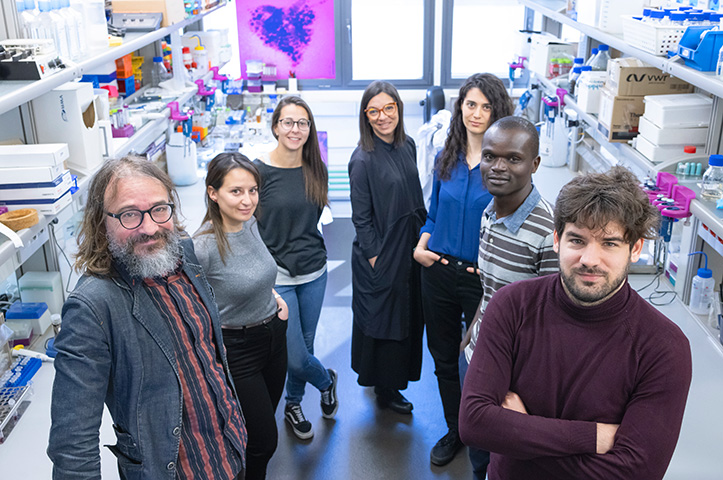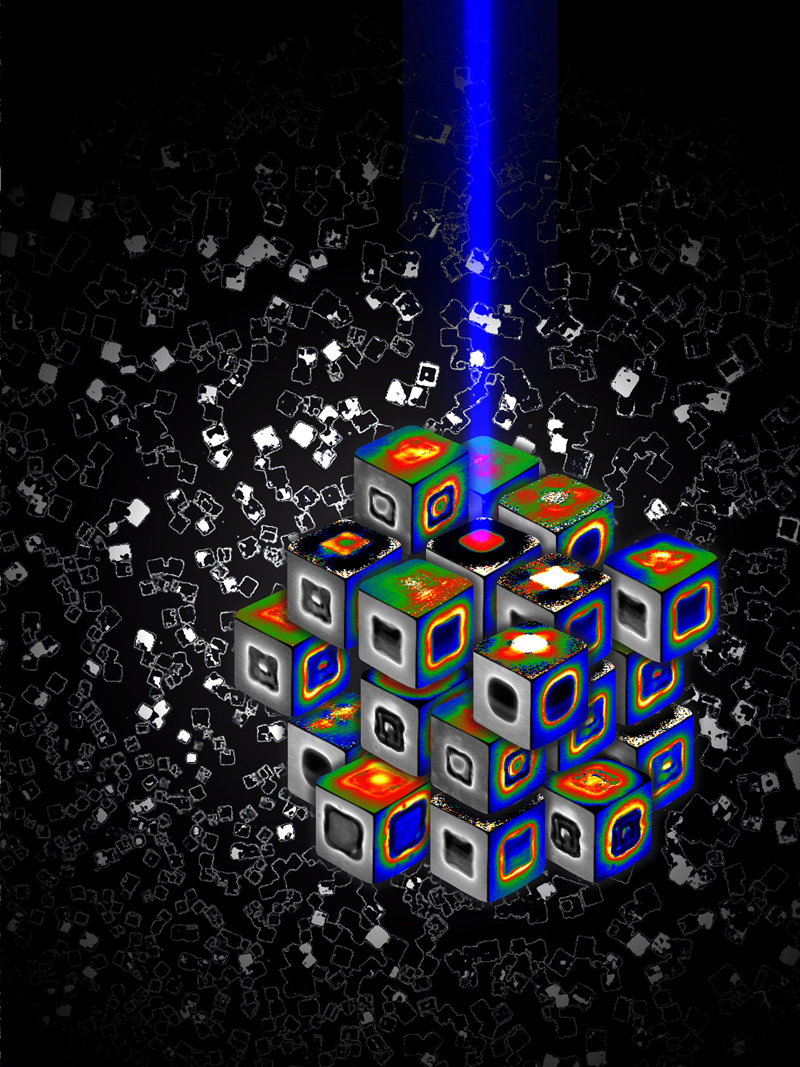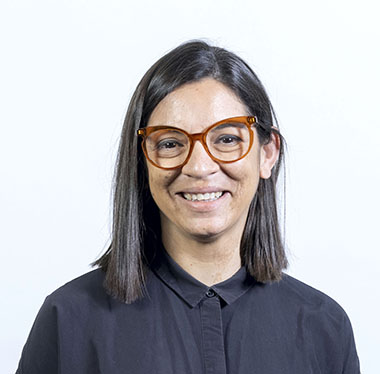Inorganic Nanoparticles
Group Leader: Neus G. Bastús

Main Research Lines
-
Colloidal synthesis of advanced complex inorganic nanocrystals via wet-chemistry routes, enabling precise control over composition, size, morphology, and structural complexity
-
Surface modification and functionalization of inorganic nanocrystals
-
Characterization of nanocrystals and investigation of fundamental nanoscale properties
-
Investigation of physicochemical transformations in inorganic nanocrystals, including chemical processes (oxidation, dissolution, protein corona formation, galvanic replacement) and physical changes (stability, aggregation, sintering)
-
Application-driven research on inorganic nanocrystals, exploring their potential in energy, environmental, and biomedical fields through innovative material design and functional optimization

The Inorganic Nanoparticles team focuses on the production and application of advanced inorganic nanoparticles, with a strong emphasis on multi-component and hollow systems comprising different families of metals, metal oxides, semiconductor oxides and semiconductors. Nanoparticles are engineered and designed following Responsible Research & Innovation (RRI) principles given their applicability in catalysis, energy harvesting, environmental remediation and nanobiomedicine, among others. This is achieved by controlling the size, shape and structure of their inorganic core, and selectively linking active molecules to the nanoparticle surface, thereby allowing them to selectively interact with specific targets. We also focus on the precise characterisation of the obtained nanoparticles in terms of their reactivity (aggregation, corrosion and dissolution) and physicochemical properties as prepared, during and after use.
Group Leader

Neus G. Bastús
Dr Neus G. Bastús is a physicist with a strong interdisciplinary focus on materials chemistry. She completed her BSc in Physics at the Universitat de Barcelona (UB) in 2003 and obtained a PhD in Physics in December 2008, specializing in the synthesis and functionalization of metal nanoparticles for biomedical applications. In 2009, she joined the University of Hamburg for postdoctoral research under the supervision of Prof. Horst Weller, supported by a Beatriu de Pinos Fellowship (AGAUR, Catalan Government). During this period, she expanded her expertise to the synthesis of semiconductor nanocrystals and hybrid nanostructures for energy harvesting and catalysis. In 2011, she was awarded a Juan de la Cierva Fellowship, followed by a Marie Curie Career Integration Grant. In 2013, she secured a Ramón y Cajal contract, ranking first in the Materials Science Area. Through this position, she established her main research line at the Inorganic Nanoparticles Group at ICN2, focusing on the colloidal synthesis of advanced complex inorganic nanocrystals via wet-chemistry routes. Since 2022, she is a CSIC research scientist at ICN2. She is a member of CIBER-BBN and chairs the ICN2 Equal Opportunities Committee, leading initiatives to promote diversity and inclusion in science.

